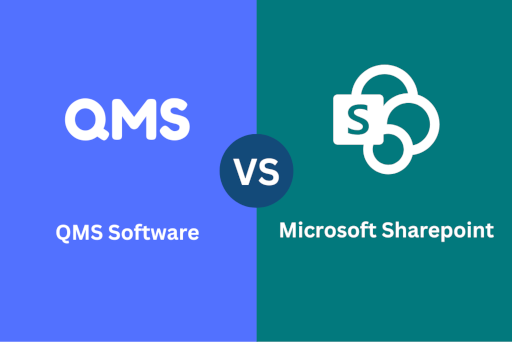How APQP Drives Product Development Success

Advanced Product Quality Planning (APQP) is a structured framework of procedures and techniques used to ensure product quality and reliability from the earliest stages of design through to full-scale production. Originating in the automotive industry, APQP has since been adopted by various sectors to streamline product development processes, enhance quality, and reduce risks. This blog post explores how APQP drives product development success and why it is crucial for companies striving to deliver high-quality products efficiently.
Planning and Early Collaboration
One of the core strengths of APQP is its emphasis on thorough planning and early collaboration. In the initial stages of product development, cross-functional teams come together to define the project’s scope, understand customer needs, and identify critical quality characteristics. By engaging stakeholders early and clearly defining expectations, companies can prevent misunderstandings and set realistic goals. This early collaboration lays a solid foundation for the entire development process.
Designing for Quality
APQP places a strong focus on designing products with quality in mind. This involves creating detailed design specifications, conducting feasibility studies, and developing prototypes. During this stage, potential design flaws are identified and addressed before they become costly issues. The use of tools like Failure Modes and Effects Analysis (FMEA) helps systematically evaluate potential failure points and mitigate risks, ensuring that the final design meets all quality standards.
Robust Manufacturing Processes
A key aspect of APQP is the emphasis on developing robust manufacturing processes. Once the product design is finalized, attention turns to creating detailed process flows, work instructions, and control plans. The goal is to develop a production process that consistently produces high-quality products. This focus on process robustness helps in preventing defects and maintaining high production standards.
Rigorous Validation
Before a product goes into full-scale production, APQP mandates rigorous validation of both the product and the manufacturing process. This includes conducting production trials, performing capability studies, and ensuring that all quality standards are met. Validation activities help identify any remaining issues and provide an opportunity to make final adjustments. This phase is critical for building confidence that the product can be produced reliably and consistently at the required quality level.
Continuous Improvement
Even after the product is launched, APQP promotes a culture of continuous improvement. Companies monitor production closely, collect data, and implement corrective actions as needed. Regular reviews of performance metrics help teams identify opportunities for enhancement. This proactive approach ensures that products remain competitive and meet evolving customer expectations over time. By fostering a mindset of ongoing improvement, APQP helps companies stay ahead in the market.
Implementing APQP with Trackmedium QMS
To efficiently manage and track APQP projects, utilizing a robust Quality Management System (QMS) like Trackmedium can be immensely beneficial. Trackmedium QMS offers an APQP module which is a comprehensive solution designed for new product development or process improvements. This module allows you to:
- Create new APQP projects and define project timelines, milestones, and responsible team members.
- Break down the APQP project’s activities into manageable subactivities and assign them to different team members, including suppliers.
- Capture and track issues related to the APQP project itself or any of its subactivities.
- Access an overview of the project’s progress and assessments via a colored matrix that identifies the milestone completion level and the assessment values.
- Create reusable and standardized project templates that include subactivities and assigned roles.
By leveraging Trackmedium QMS, companies can optimize their APQP processes, ensuring all activities are well-organized, tracked, and completed efficiently. This leads to better coordination among teams, reduced errors, and a higher likelihood of meeting quality targets.
The Benefits of APQP
Implementing APQP offers several key benefits that contribute to product development success:
- Improved Quality: By systematically addressing potential issues throughout the development process, APQP helps ensure that the final product meets high-quality standards.
- Reduced Costs: Identifying and resolving issues early in the development process prevents costly rework and delays during production.
- Enhanced Collaboration: APQP fosters communication and collaboration among cross-functional teams, ensuring that all stakeholders are aligned and working towards common goals.
- Increased Customer Satisfaction: Delivering high-quality products that meet customer requirements enhances satisfaction and builds trust.
- Risk Mitigation: APQP’s structured approach to identifying and mitigating risks reduces the likelihood of product failures and associated liabilities.
Conclusion
APQP is a powerful framework that drives product development success by ensuring quality and reliability from the outset. Its structured approach helps companies navigate the complexities of product development, reduce risks, and deliver products that meet or exceed customer expectations. By embracing APQP and leveraging tools like Trackmedium QMS, organizations can enhance their competitiveness and achieve long-term success in today’s dynamic market landscape




